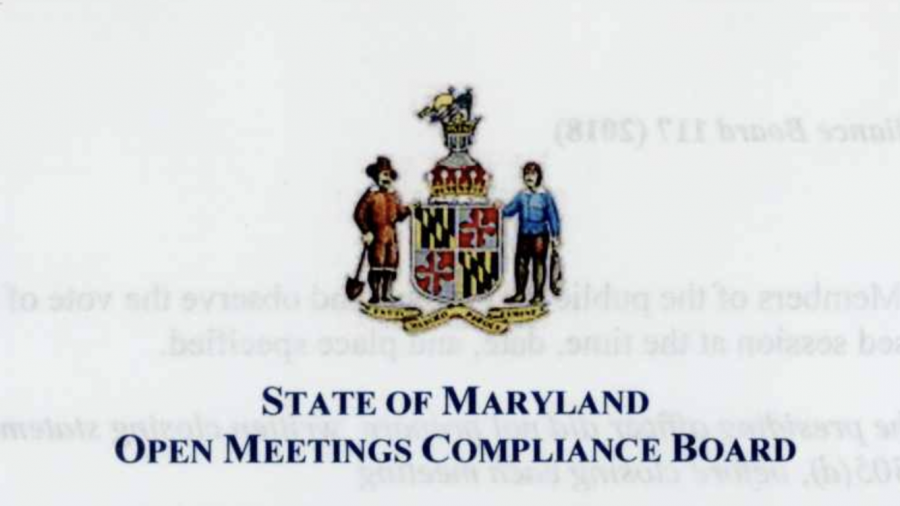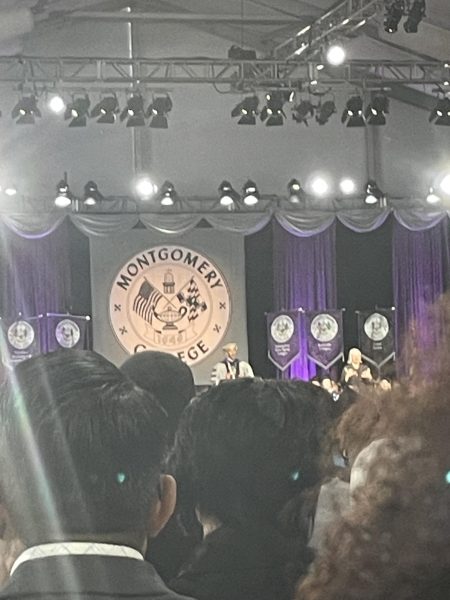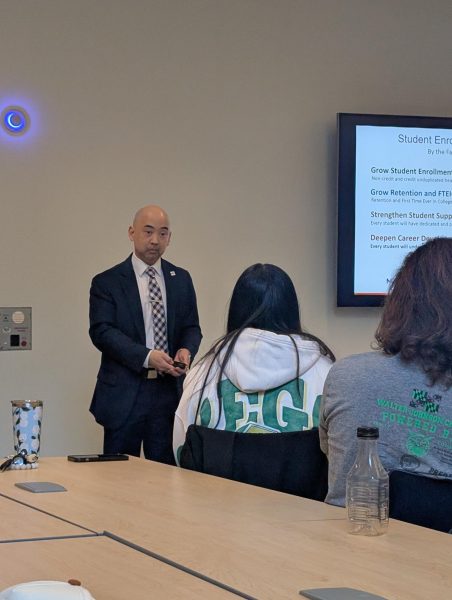Board of Trustees’ Open Meetings Act compliance questioned, cleared with minor violation issued
A complaint was filed against Montgomery College Board of Trustees, alleging they “violated the Open Meetings Act in four ways with respect to closed meetings” over the 2017-2018 school year. However, three of the four claims were found by the Open Meetings Compliance Board to be unsubstantiated, and the single violation was a minor infringement.
The Open Meetings Act of Maryland states that public bodies must hold their meetings open to the public, and they must be clearly announced in advance. It also lays out rules for how closed sections of meetings must proceed and be voted on.
Since Montgomery College is a public college with a Board appointed by the governor, the Board of Trustees is subject to this act.
The complaint alleged that the Board of Trustees had not fulfilled four things: first, they had not announced when they would close the next meeting; second, that statements explaining the reasons for closing a meeting had not been prepared correctly; third, that these statements did not contain all the required information in them; and fourth, that a vote had not been held publicly before closing each meeting. The corresponding clauses can be found in § 3-301(b)(3) and § 3-305(d) of the Open Meetings Act.
The only complaint that was validated as true by the Open Meetings Compliance Board from the Attorney General’s office was the third complaint, that the closing statements did not include all required information.
As laid out by the Act, the actions required of the Board following the violation were to amend their compliance, and then announce and acknowledge the violation publicly at their next meeting. In order to adhere to the requirement of including all specified information in closing statements, the template was updated to include all necessary checkboxes, said Marcus Rosano, MC’s public relations director. The Board completed the announcement of the Compliance Board’s opinion at their January 23rd meeting. The Board of Trustees also returned a signed copy of the issued opinion to the office of the Attorney General, which is available publicly.
The anonymous complainant had not requested the announcements or statements from the Board; instead, they had relied on what they could find online to make their claims.
Although the Board of Trustees was not found in violation of anything more than a minor procedural matter, the complaint raises the question of whether the Board’s communication is clear and easy to access for all.
According to the letter of the law and the Open Meetings Compliance Board, it is. “It is also worth noting that the compliance board commended the College on the board’s web pages and the information provided to the public,” said Rosano. The Board of Trustees’ website now contains a clearer notice regarding votes before closed meetings, and already contains information on future meetings, and past meetings’ minutes, or notes, a provision of the Open Meetings Act.







